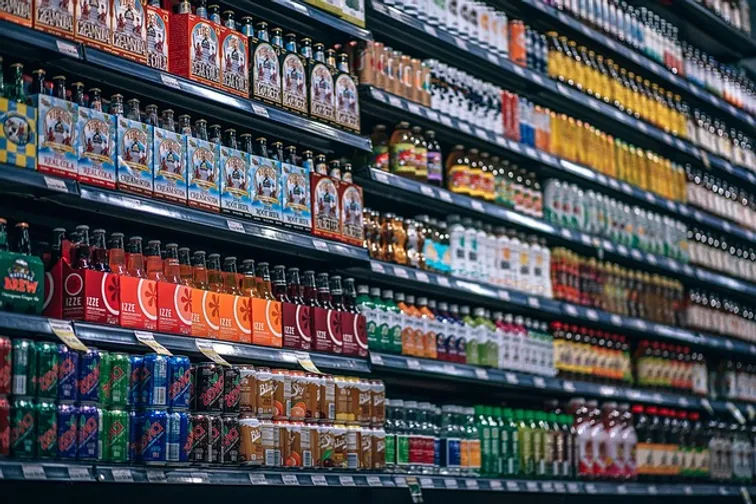The Czech Agricultural and Food Inspection Authority (SZPI) has issued a statment regarding the labelling of non-alcoholic beverages with terms like “ZERO ALCOHOL,” “ALCOHOL-FREE,” or “0% ALCOHOL.” When can these labels be used, and is it possible to use such labels for all non-alcoholic beverages? Find the answers in our article.
What is a non-alcoholic beverage under the law?
The definition of a non-alcoholic beverage can be found in the Decree on the requirements for beverages, fermented vinegar, and yeast. According to the Decree, a non-alcoholic beverage means “a drink containing no more than 0.5% of ethanol by volume measured at a temperature of 20°C.” The Decree also includes a definition of non-alcoholic beer, which is beer with an alcohol content of no more than 0.5% by volume.
Thus, according to legal terminology, non-alcoholic beverages include both beverages that contain no alcohol at all and those that contain a small amount of alcohol.
In recent years, the popularity of non-alcoholic beverages has been growing, and the market is seeing more and more alternatives to alcoholic beverages labelled “0% alcohol,” “alcohol-free,” “non-alcoholic,” and similar. These beverages are often sought after by pregnant women or drivers, for example. With the increasing share of such labelled beverages on the market, interpretative ambiguities have arisen regarding when such information can be indicated on beverages to avoid misleading information. As mentioned above, the legal definition of a non-alcoholic beverage also includes beverages that contain alcohol to a certain extent!
SZPI: “0% alcohol” only on beverages that contain no alcohol
SZPI has clarified that terms like “ZERO ALCOHOL,” “ALCOHOL-FREE,” or “0% ALCOHOL” can only be used for beverages that contain no alcohol at all, and not for any beverage that meets the legal definition of a non-alcoholic beverage. The CAFIA's position is available here. According to SZPI, using any label indicating that a beverage contains no alcohol on a beverage that does contain alcohol, even in minimal amounts, can be considered misleading information about the food's composition. For the use of these labels, the actual amount of alcohol in the beverage is decisive, not whether the beverage meets the legal definition of a non-alcoholic beverage.
SZPI warns that beverages labelled “0% alcohol” and similar labels can be purchased by consumers who, for some reason, do not want to consume alcohol (such as the aforementioned pregnant women or drivers, and also recovering alcoholics). Therefore, it should not happen that by consuming larger quantities of such labelled beverages, they will actually consume small amounts of alcohol.
If a beverage is labelled with any term indicating that it contains no alcohol, the consumer reasonably expects that this beverage indeed contains no alcohol.
What are the penalties?
SZPI emphasizes that the labels in question represent voluntarily disclosed information. In accordance with applicable legal regulations, no voluntarily disclosed information may be misleading or deceptive to consumers. If a producer indicates any of the terms in question on a beverage, it voluntarily tightens the requirements for the alcohol content in the beverage, meaning that its beverage contains no alcohol at all.
Any misleading label on a beverage constitutes a violation of the relevant legal regulations, for which SZPI may impose a fine of up to CZK 50,000,000.
In conclusion, it is necessary to note that the above conclusions do not apply to wine beverages, for which special conditions are set by law.[1]
If you have any questions about the labelling of non-alcoholic beverages or food labelling in general, feel free to contact us, and we will be happy to advise you. At HAVEL & PARTNERS, we have an entire team specialising in food law and can help with any related topic.
- [1] – Special conditions for de-alcoholized wine and low-alcohol wine are set out in Section 25 of Act No. 321/2004 Sb., on Viticulture and Winemaking and on Amendments to Certain Related Laws, as amended.








